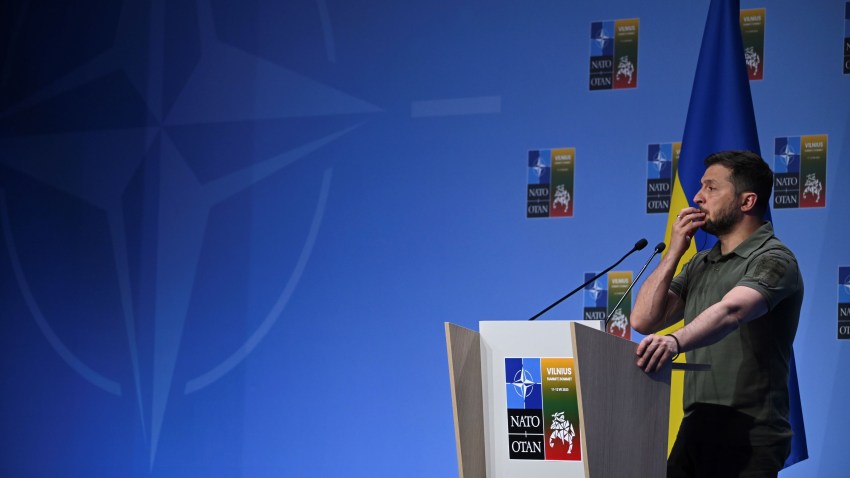Ukrainian President Volodymyr Zelenskyy met in London today with U.K. PM Keir Starmer and NATO Secretary-General Mark Rutte, as the Ukrainian leader continued his push for more military aid as well as support for allowing Kyiv to fire Western-made long-range missiles into Russia. Zelenskyy is also set to meet with the leaders of Italy, France and Germany in their respective capitals today and tomorrow. (The Guardian)
Our Take
Zelenskyy’s whirlwind tour of European capitals comes only two weeks after his visit to the U.S., which included a similar flurry of high-level talks at the U.N. General Assembly in New York as well as in Washington. In the U.S. and today in London, Zelenskyy reportedly presented his secretive “victory plan” for how to end the war with Russia.
But while Zelenskyy is clearly intent on continuing to push for support, the flurry of high-level meetings have only highlighted the quandary that Ukraine finds itself in as officials in the West all wait for the outcome of the U.S. presidential election in November before moving ahead with any plans for Ukraine, let alone a “victory plan.”

